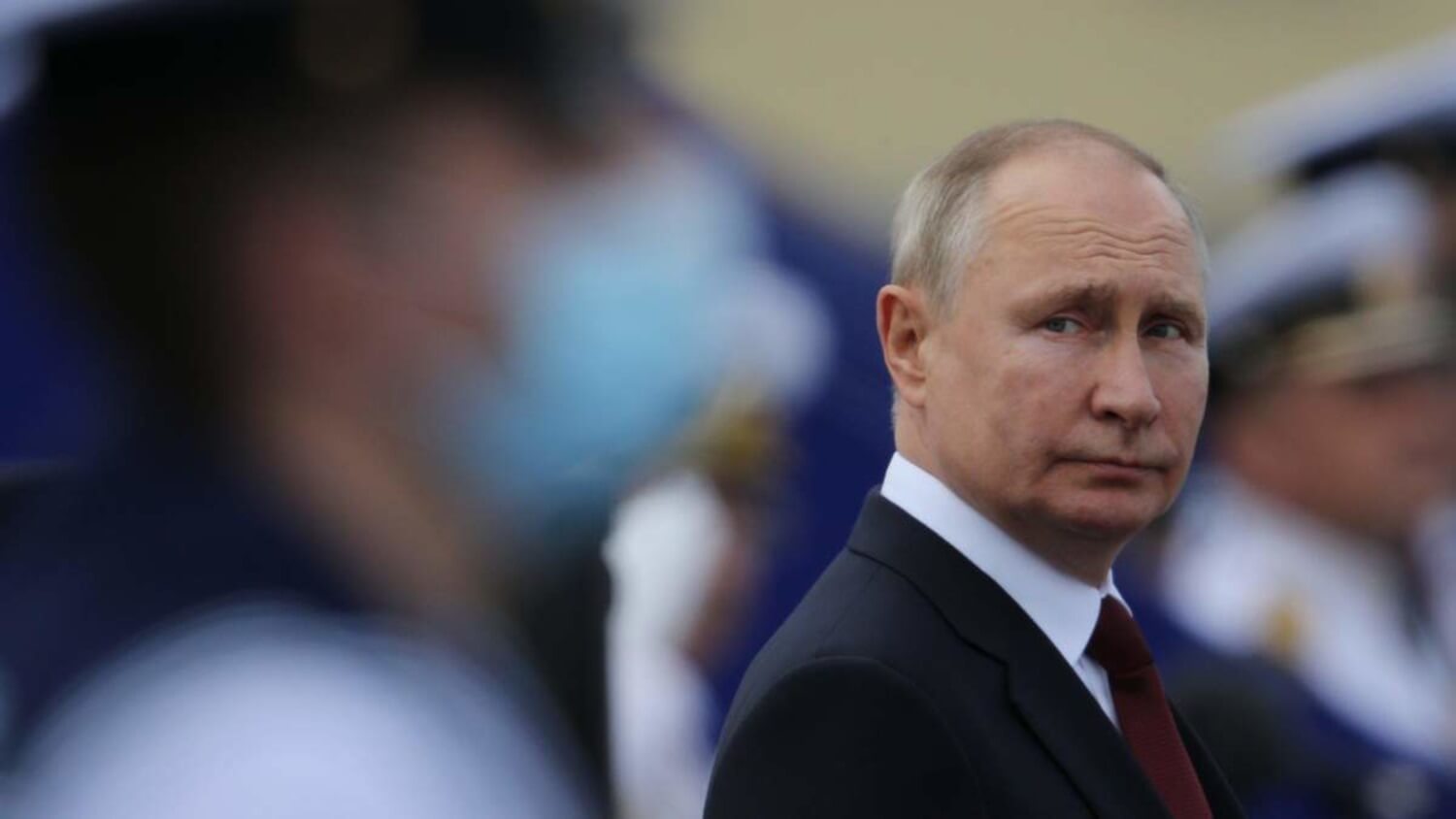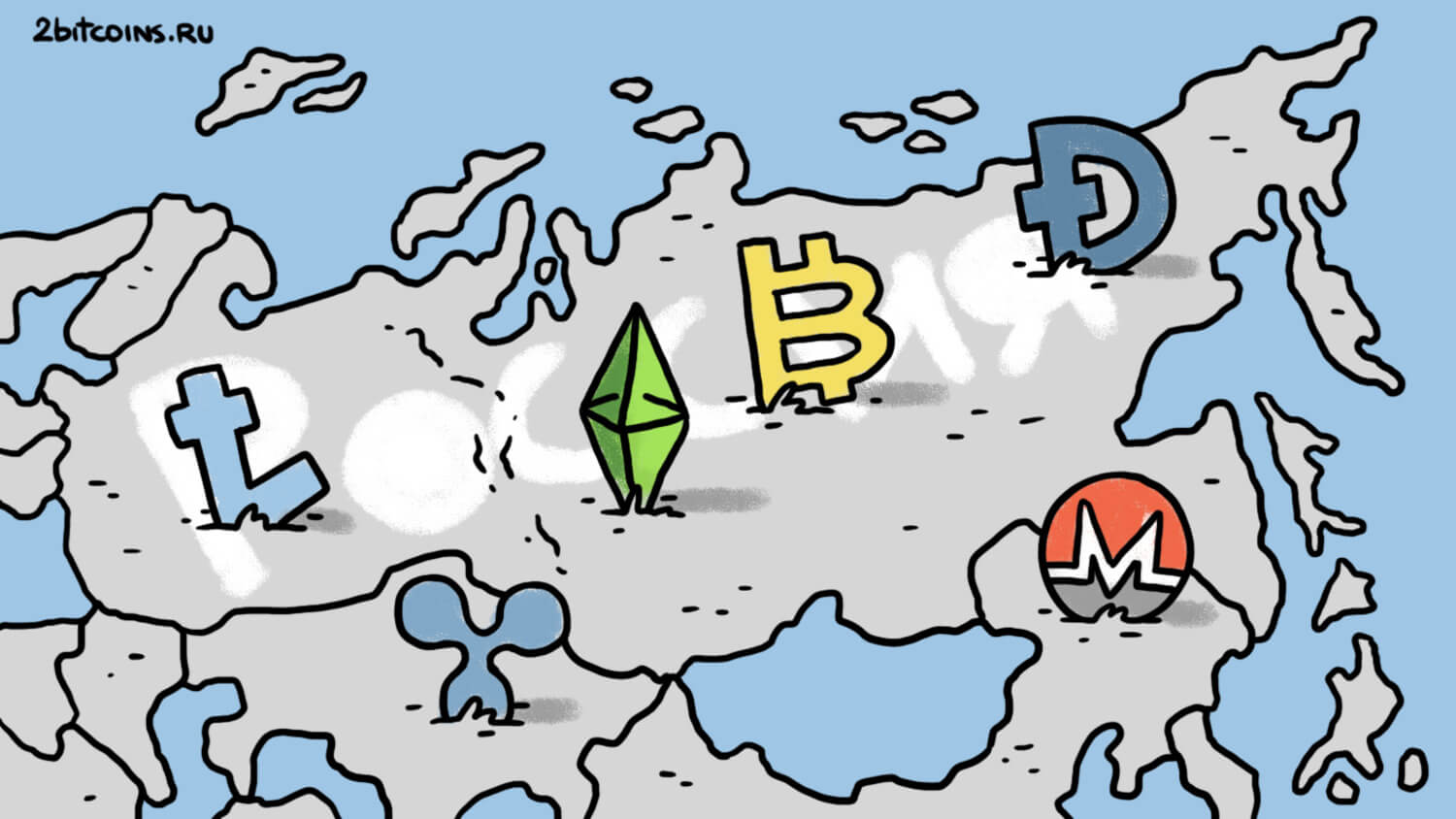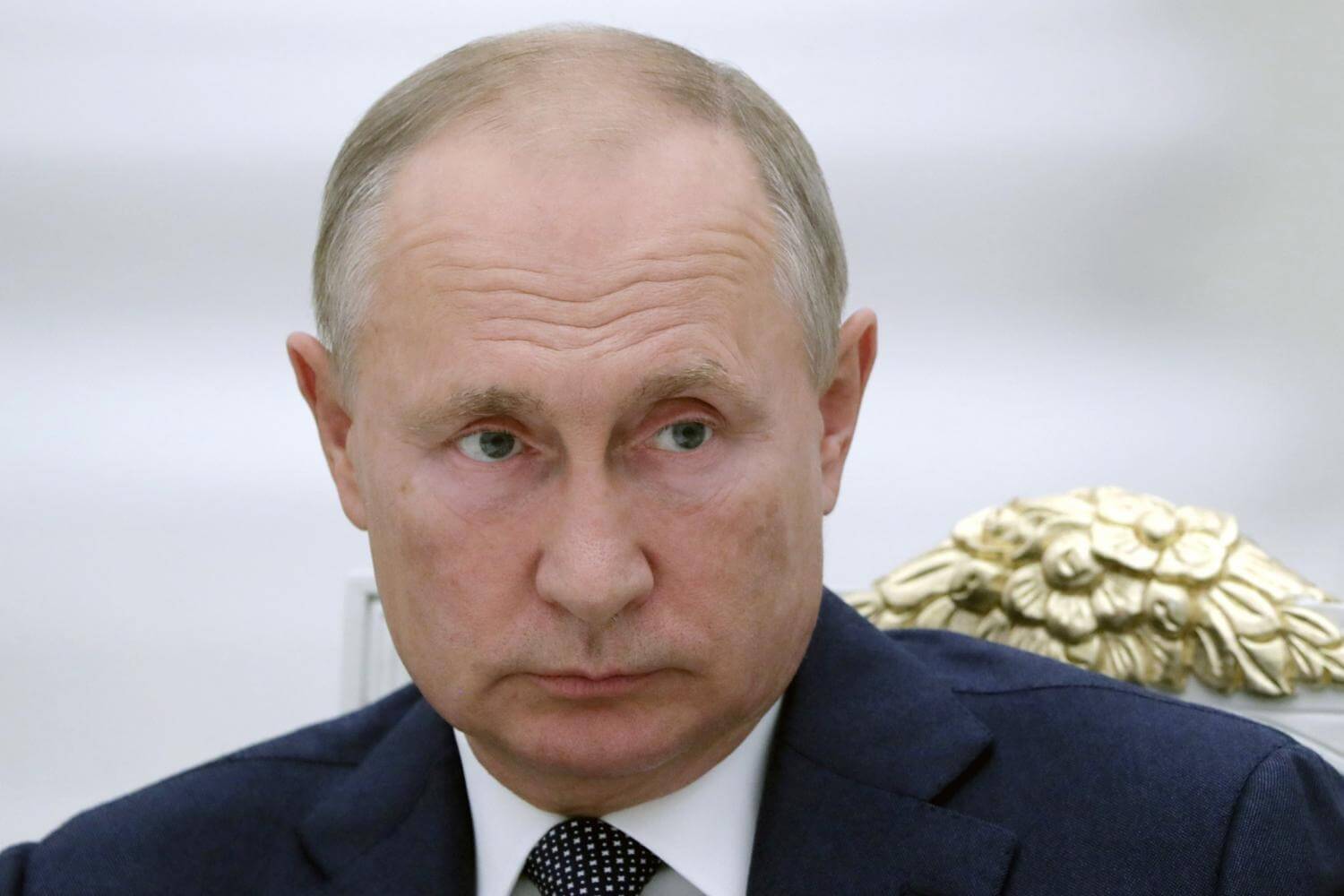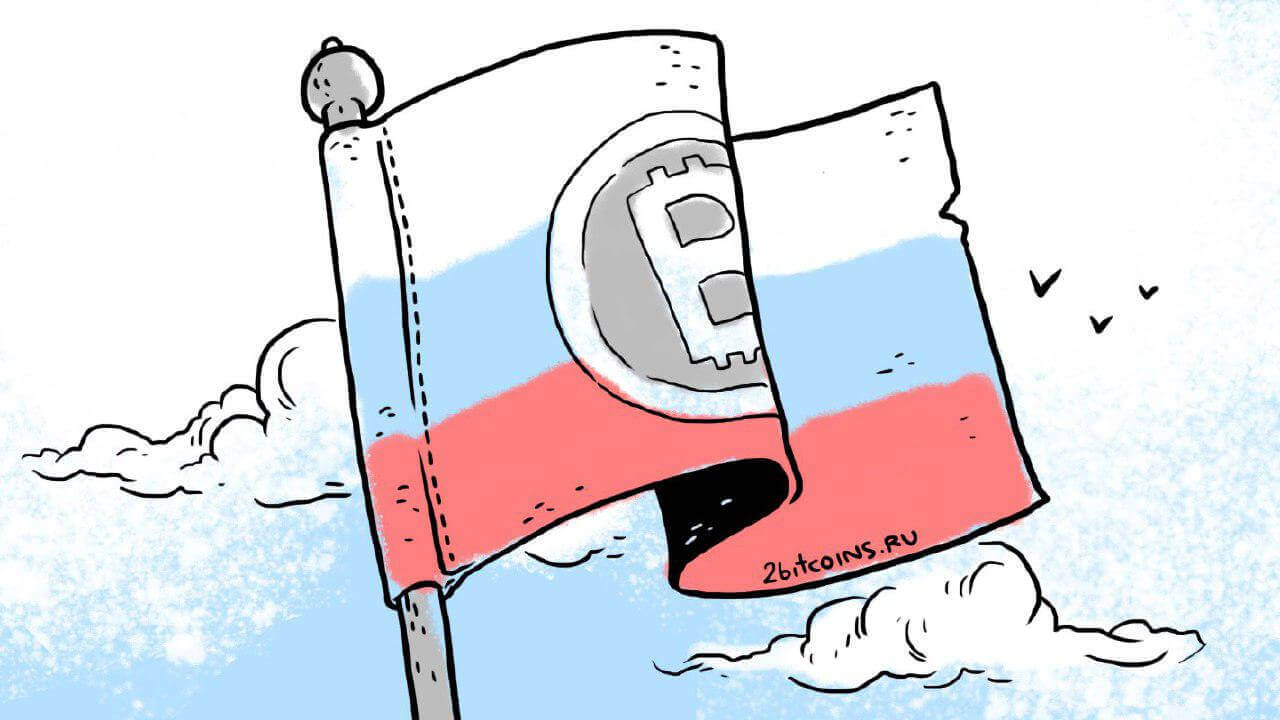Vladimir Putin asks Central Bank and Finance Ministry to agree on regulation of cryptocurrencies
Russian President Vladimir Putin has said that Russia has “certain competitive advantages” when it comes to mining cryptocurrencies like Bitcoin. This was the conclusion drawn from the text of Putin’s recent online meeting with members of the government. Notably, the president immediately highlighted the issue of crypto market regulation from the start of the meeting and asked representatives of the Central Bank and the Ministry of Finance to come to a consensus on the topic. In other words, to agree and voice a common position. We tell you more about what happened.

As a reminder, last week the Central Bank of Russia said it was very likely that cryptocurrencies would be banned altogether in Russia, as they allegedly carry "huge risks" for domestic investors and, in addition, are used to finance undesirable organisations. The potential ban also referred to the mining of various cryptocurrencies, which is very popular in the country.
However, as it turned out later, the Central Bank representatives did not intend to directly ban the possession of digital assets. So, in essence, Russians will be allowed to interact with coins - only to do so they will have to use foreign platforms. However, the use of domestic infrastructure to pay for coins and other similar purposes is prohibited.
This position has displeased some representatives of the Ministry of Finance – in particular, the director of the department of financial policy of the ministry, Ivan Chebeskov. He has already issued a statement about the inadmissibility of completely blocking Bitcoin and altcoins in the jurisdiction of the Russian Federation. In addition, he said that the Ministry of Finance has generally decided on the concept of regulating the coin niche in Russia.

Cryptocurrencies on the map
As a result, the agencies have a completely different attitude towards coins and a vision for their further development. And this does not suit the president.
What will happen to cryptocurrencies in Russia?
Vladimir Putin’s position on the crypto market does not seem to be as negative as it may seem at first glance. Here is one of the quotes from his meeting, published by the news outlet Decrypt.
With regard to cryptocurrencies, the Central Bank has its own position, which is related to the fact that, according to experts of the Central Bank, the expansion of this type of activity carries certain risks, primarily for the citizens of the country, given the high volatility and some other components of this topic.
In other words, Putin first and foremost singled out volatility or sharp fluctuations in exchange rates as problems of digital assets. Note that this peculiarity hurts not only newcomers but also experienced market players. The only difference between them on a sharp market collapse is that the latter know how to limit their own losses using different trading tools.

Russian President Vladimir Putin
The president does not seem to want to pass up the opportunity to outperform his foreign competitors, even in an area such as mining digital assets. According to him, Russia has all the resources available to provide miners with a comfortable business environment. Of course, they can repay the state well in taxes, but to do so they need to adopt new legislative regulations on cryptocurrencies. Putin continues.
Although, of course, we have certain competitive advantages here, especially in so-called mining. I am referring to the electricity surplus and the well-trained human resources available in the country.
Accordingly, in fact, the president has made it clear that the country is perfectly suited for coin mining and the owners of the relevant computing equipment. However, so far the legal framework for the proper handling of digital currencies is in fact non-existent.
Russian miners provide more than 10 per cent of the Bitcoin network’s computing power, but the country’s authorities have still repeatedly declared restrictions on the industry. China, which once housed much of the mining equipment, officially banned mining last year, leading to a massive migration of businesses out of the country.

Russia and digital currencies
The president also added that he wants the Russian government and the central bank to discuss the issue and reach a “consensus” on it. Recall, according to some foreign news outlets, the Russian government has been considering Bitcoin as a way to circumvent US sanctions since at least 2019. However, no one knows whether such strategies will be put into practice.
We believe that the already mentioned consensus between the various branches of government on cryptocurrencies is indeed necessary. Otherwise, the digital currency industry will not grow rapidly, and will most likely stagnate. Therefore, the authors of the laws need to work hard to realize the mentioned competitive advantages. All the same, this will benefit both the country and the citizens.
Share your opinion on this in our millionaires’ cryptochat. Let’s talk about other topics related to the blockchain and decentralisation industry there as well.















